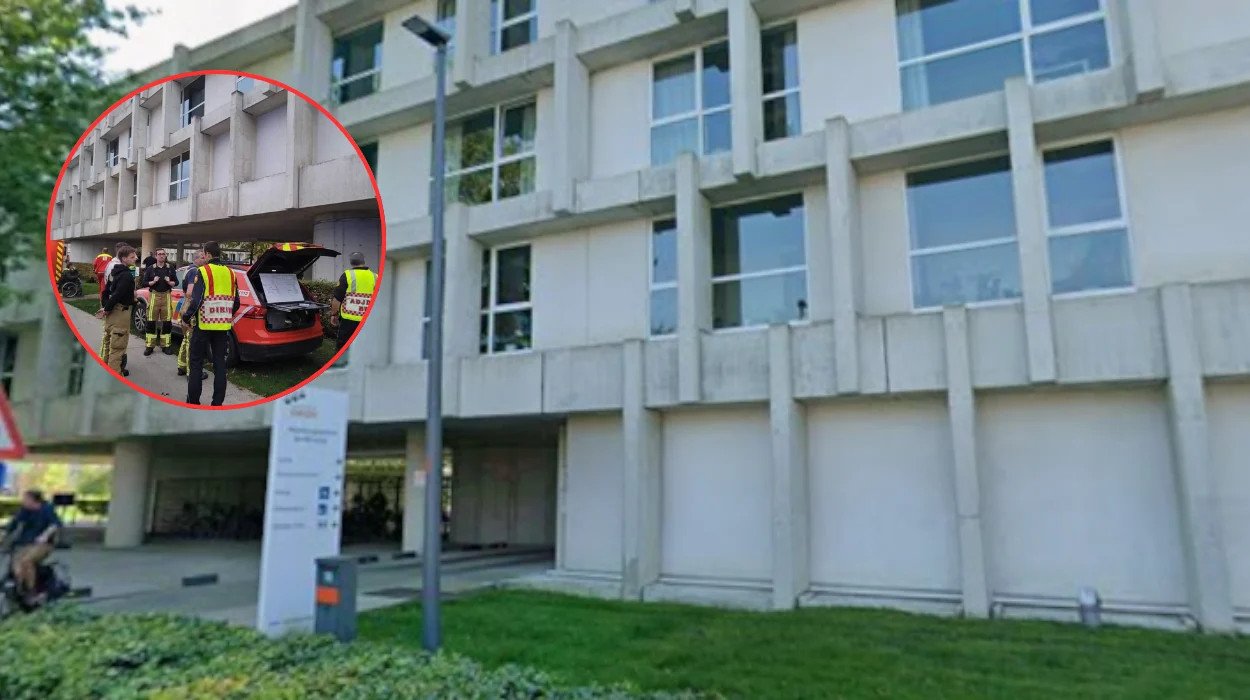Brussels – Boeing, a leading global aerospace company, is seeking approval from the European Union to repurchase Spirit AeroSystems, the world’s largest independent aerostructures firm, according to documents on the European Commission website, reports 24brussels.
Last July, Boeing announced an agreement to acquire its former subsidiary for $4.7 billion in shares, with Airbus set to take over Spirit’s unprofitable Europe-focused operations. The EU executives are expected to make a decision on the acquisition by September 30.
Why did Boeing decide to reacquire Spirit AeroSystems?
Boeing intends to purchase Spirit AeroSystems, a crucial supplier and manufacturing partner, as part of its strategy to restore its tarnished safety reputation. The all-stock transaction values Spirit at $4.7 billion or $37.25 per share, following extensive discussions between Boeing and the company it divested in 2005.
In March, Boeing indicated that the acquisition of Spirit would improve safety standards. Current leadership has admitted that the decision to sell Spirit to private equity in 2005 for $900 million was a miscalculation that adversely affected the reliability of their supply chain.
When did Boeing spin off Spirit AeroSystems?
Spirit AeroSystems was established as a spin-off from Boeing in 2005, when Boeing sold its Wichita division, including facilities in Tulsa and McAlester, to Onex Corporation in a cash transaction worth $900 million, along with the assumption of $300 million in debt, resulting in an estimated enterprise value of $1.2 billion. This divestiture was part of Boeing’s broader strategy to enhance returns on net assets at that time.
What components does Spirit manufacture for Boeing aircraft models?
Spirit AeroSystems manufactures vital components for numerous Boeing models, including fuselages for the 737 Max. These parts are sent to Boeing’s factories for assembly. Although Spirit also produces parts for Airbus, Boeing remains its largest customer.
This acquisition reflects Boeing’s effort to regain tighter control over its supply chain and quality assurance following a series of production challenges in recent years. Additionally, Spirit will undergo restructuring, divesting some operations to Airbus as part of regulatory agreements.










